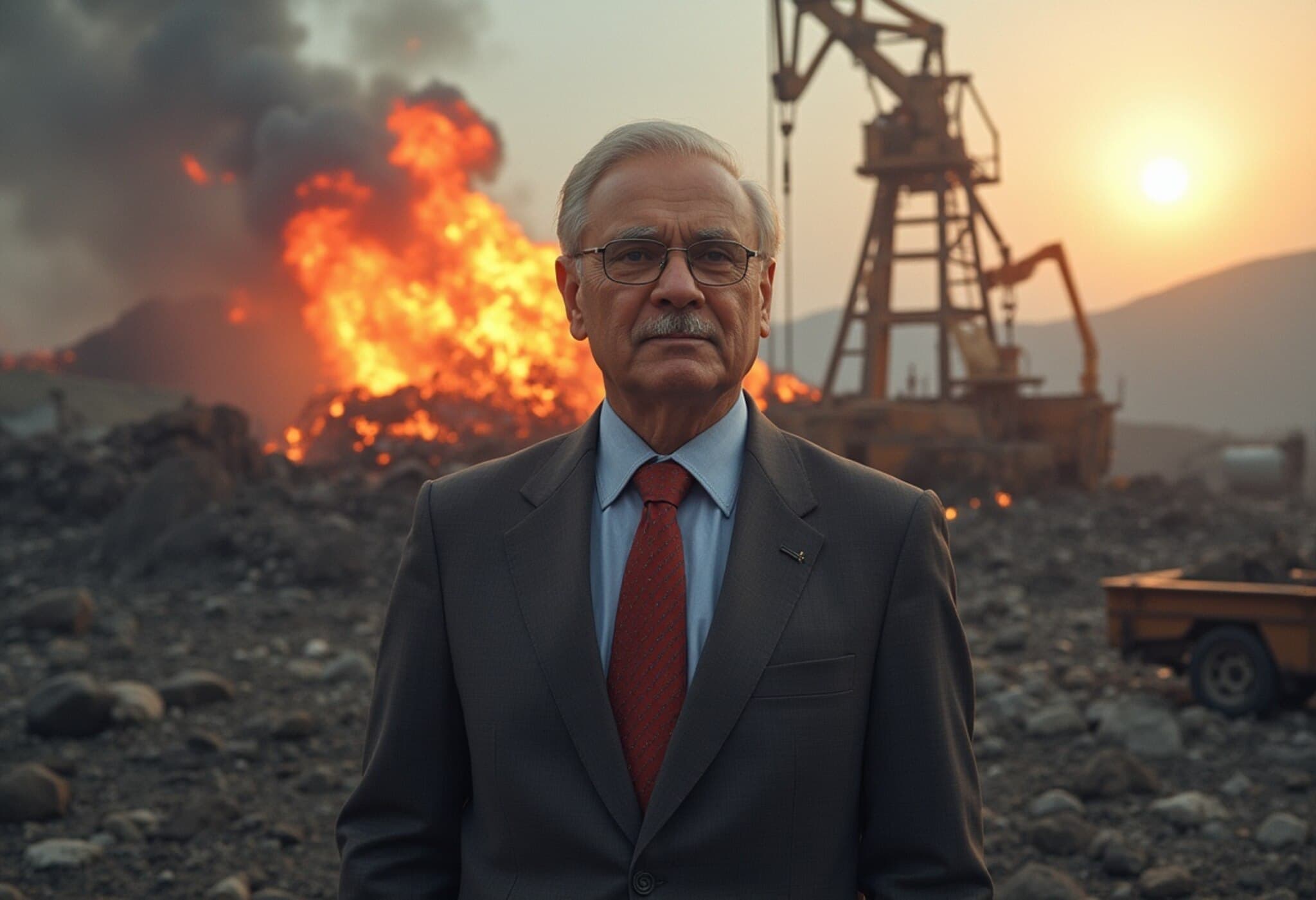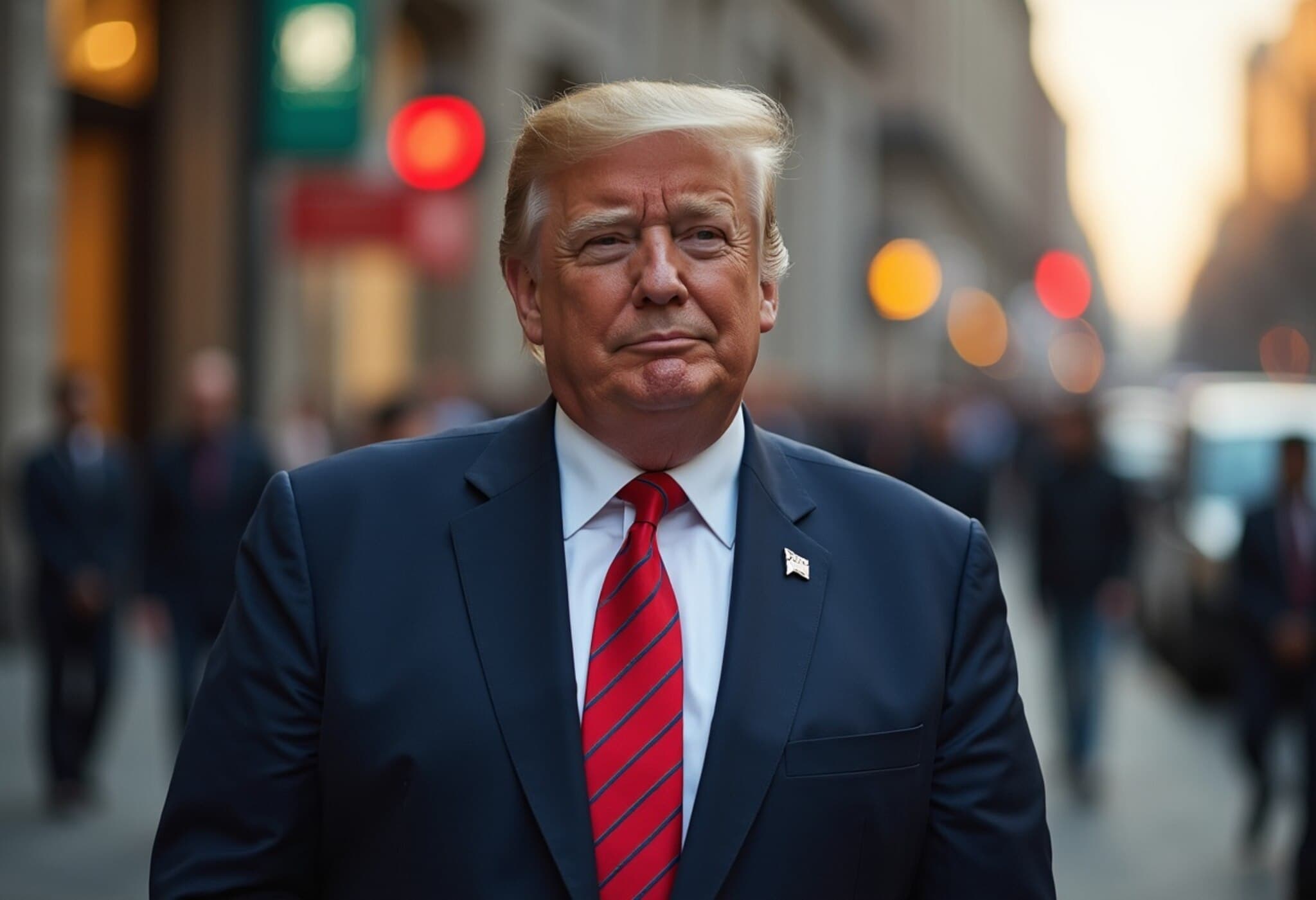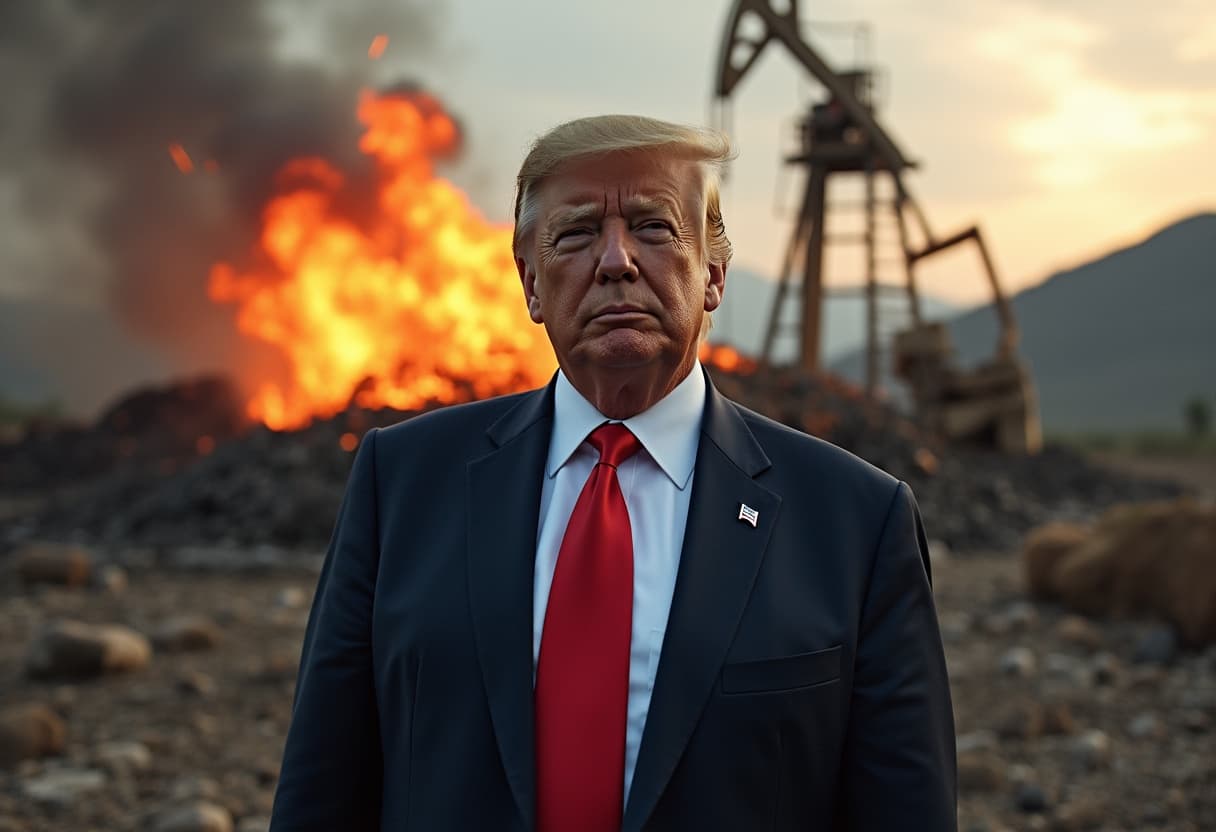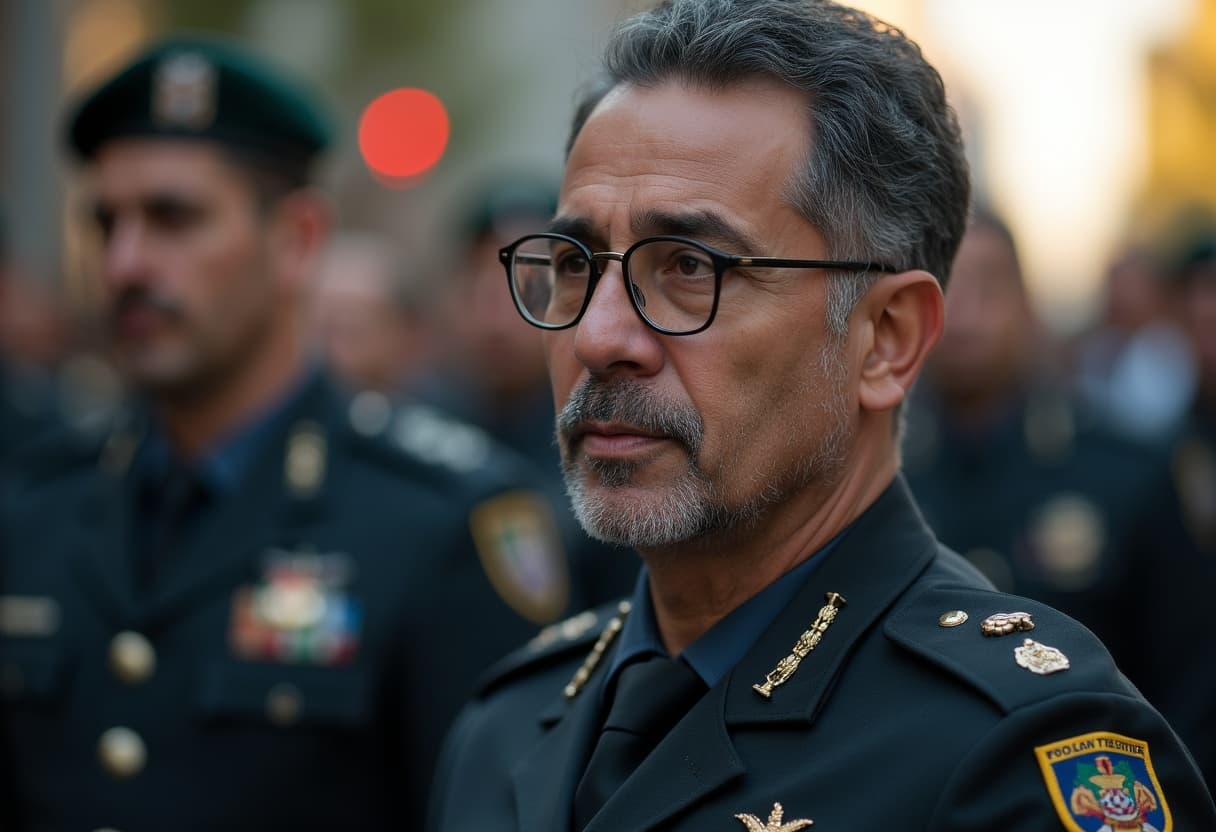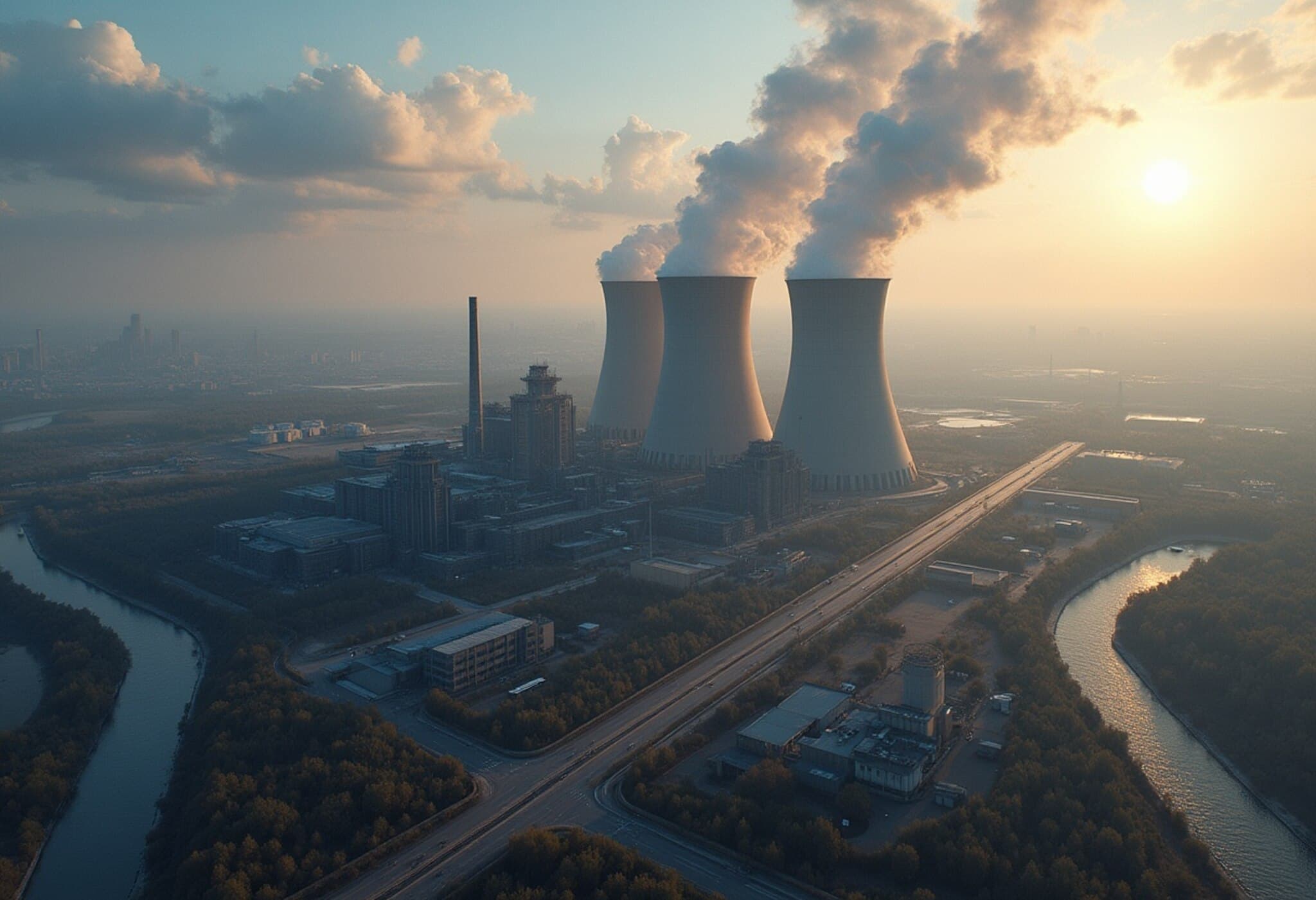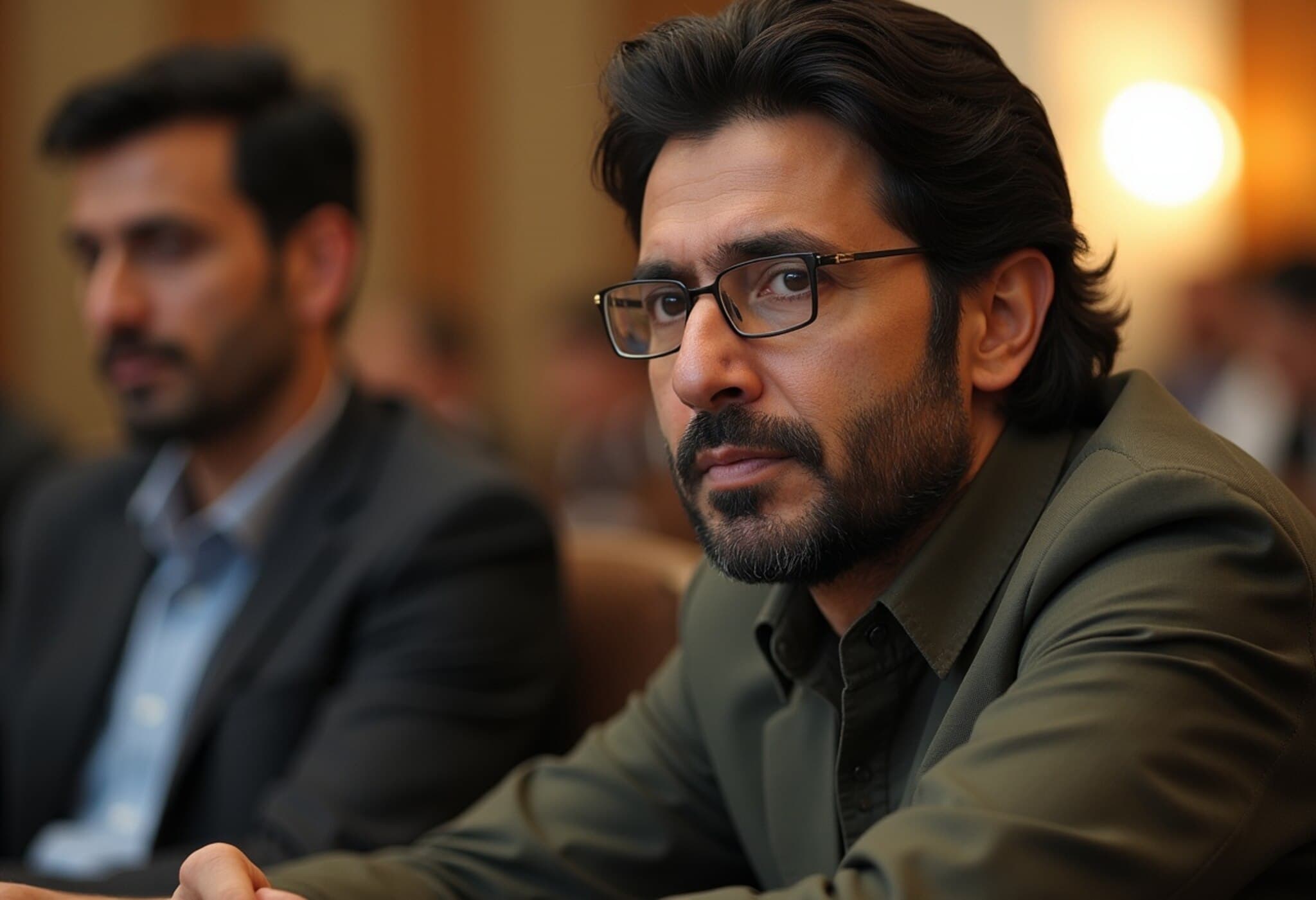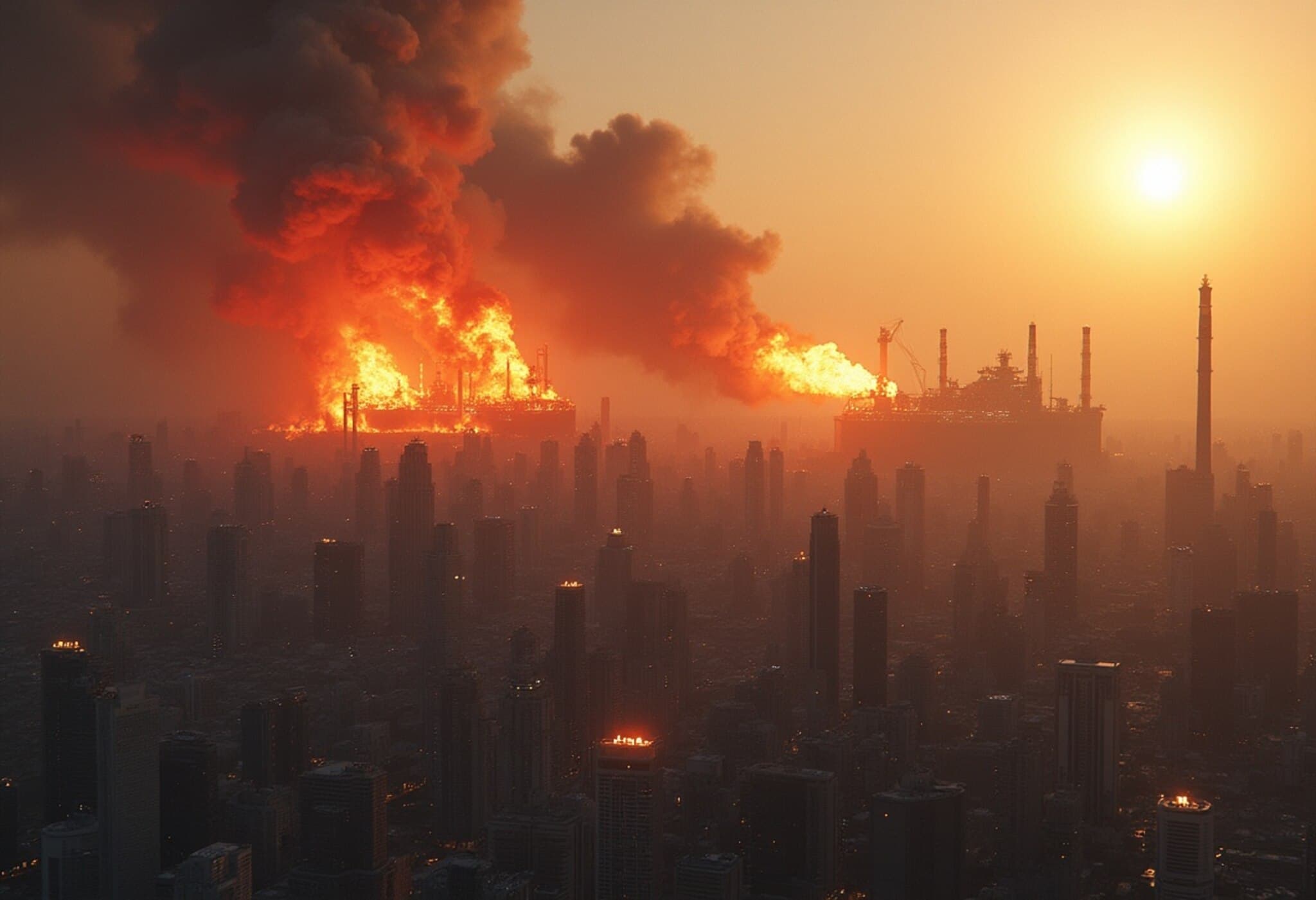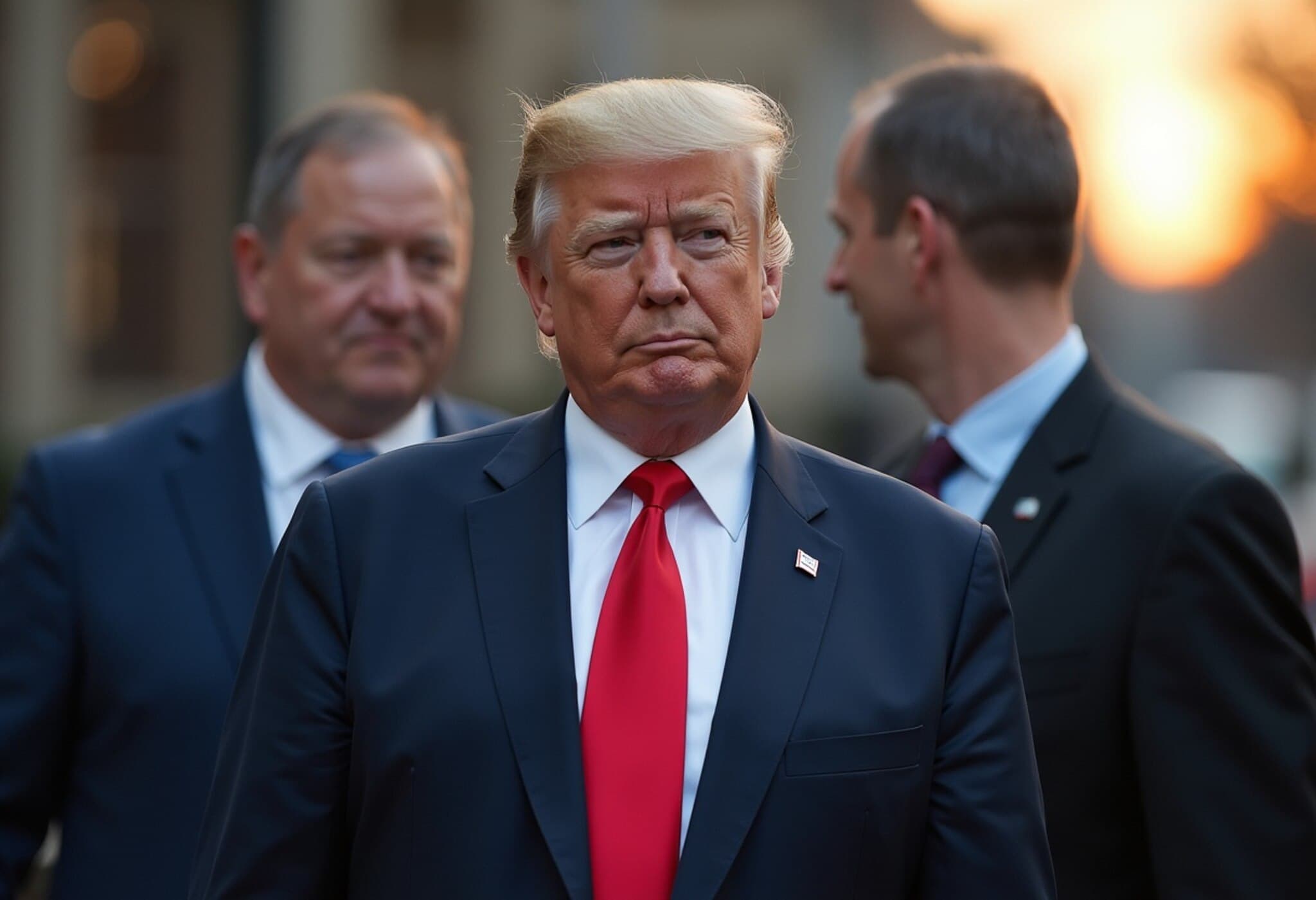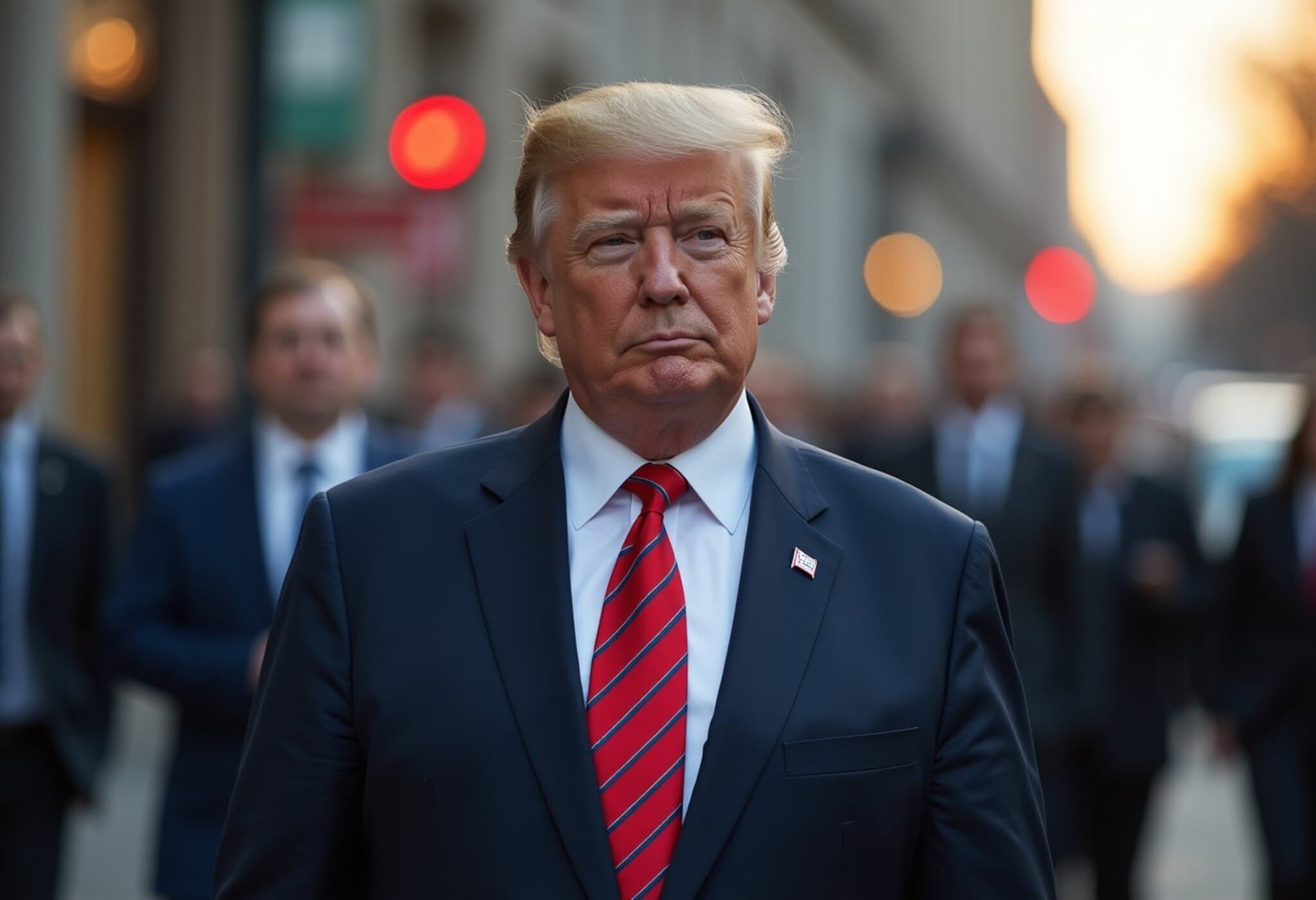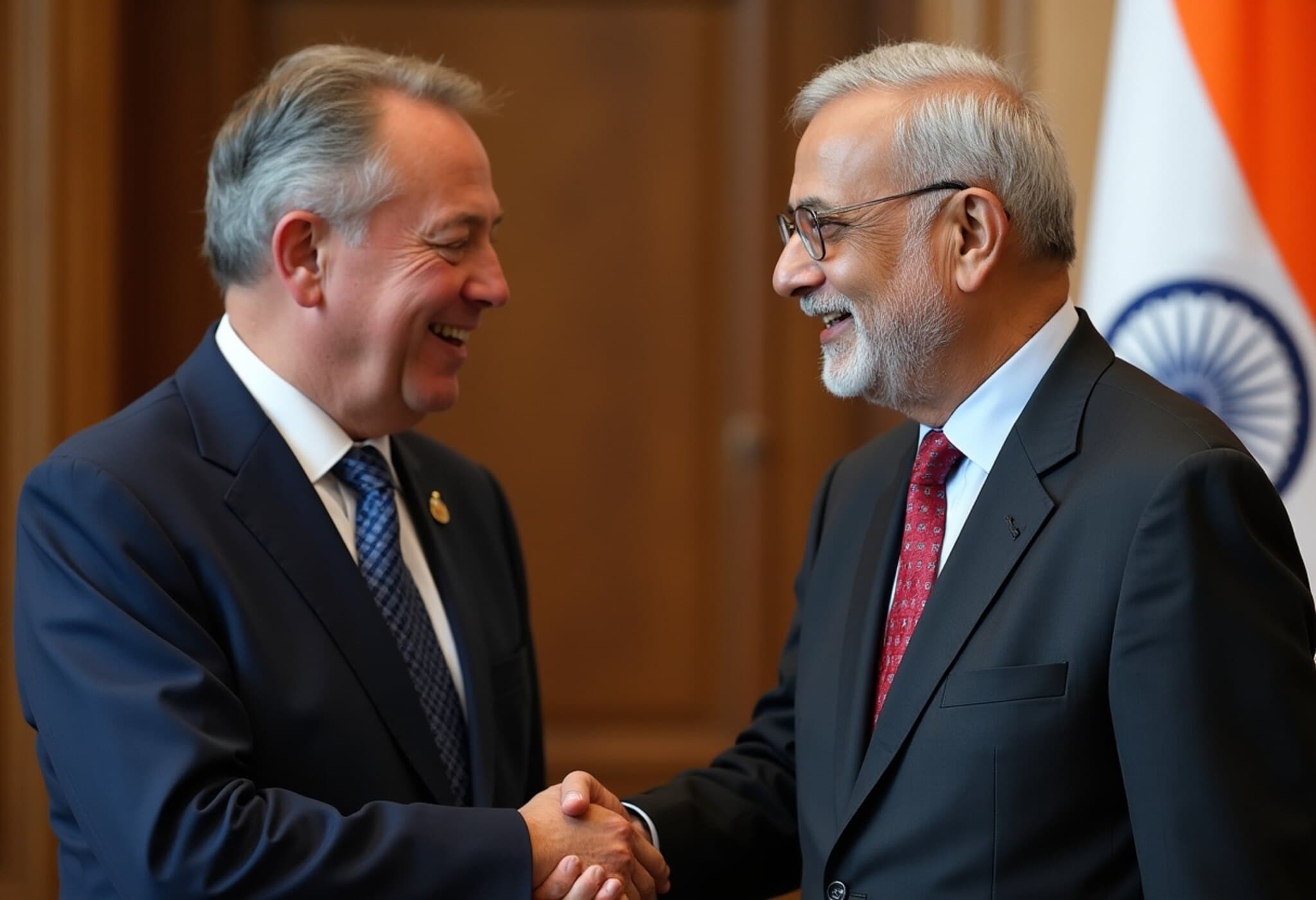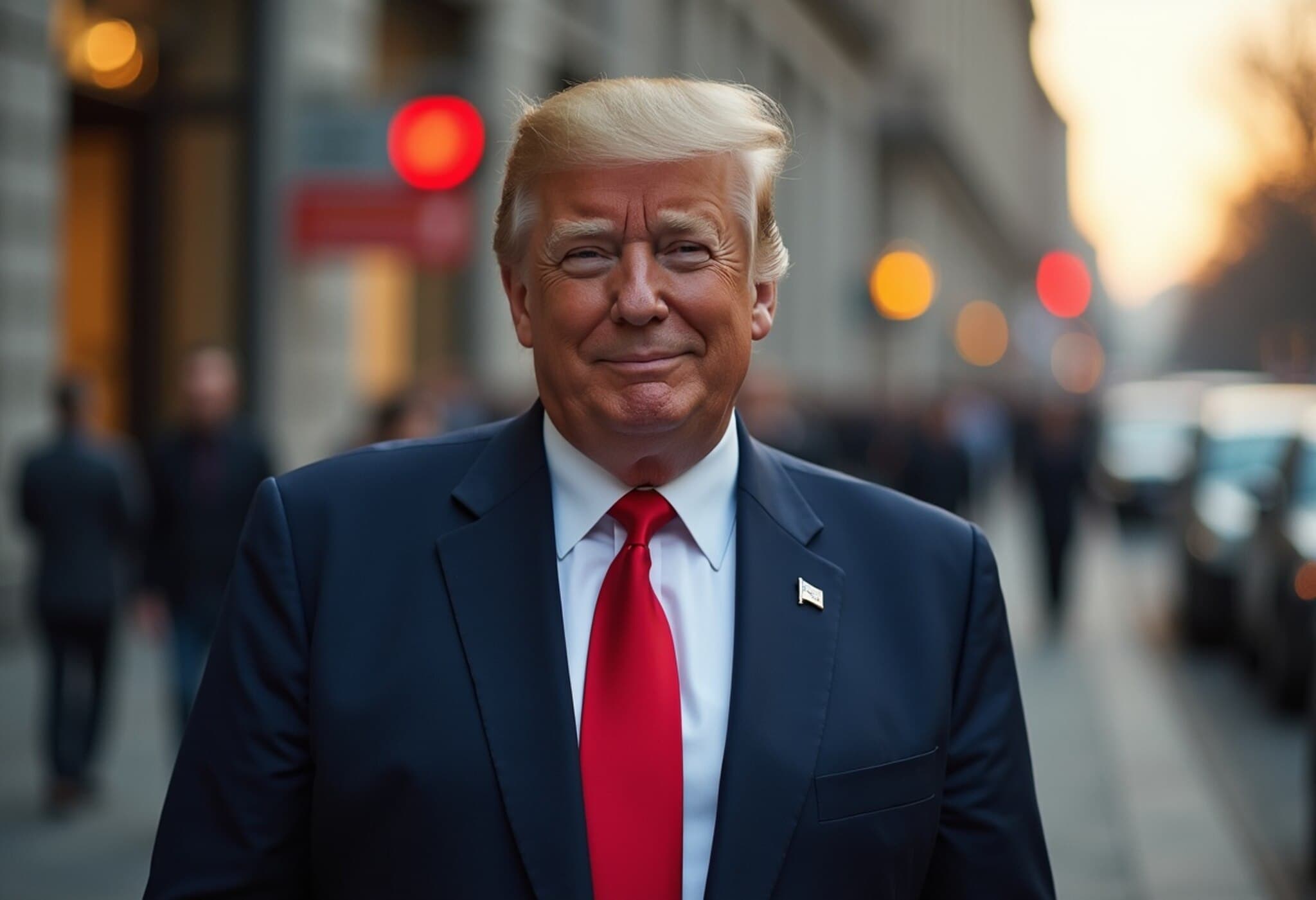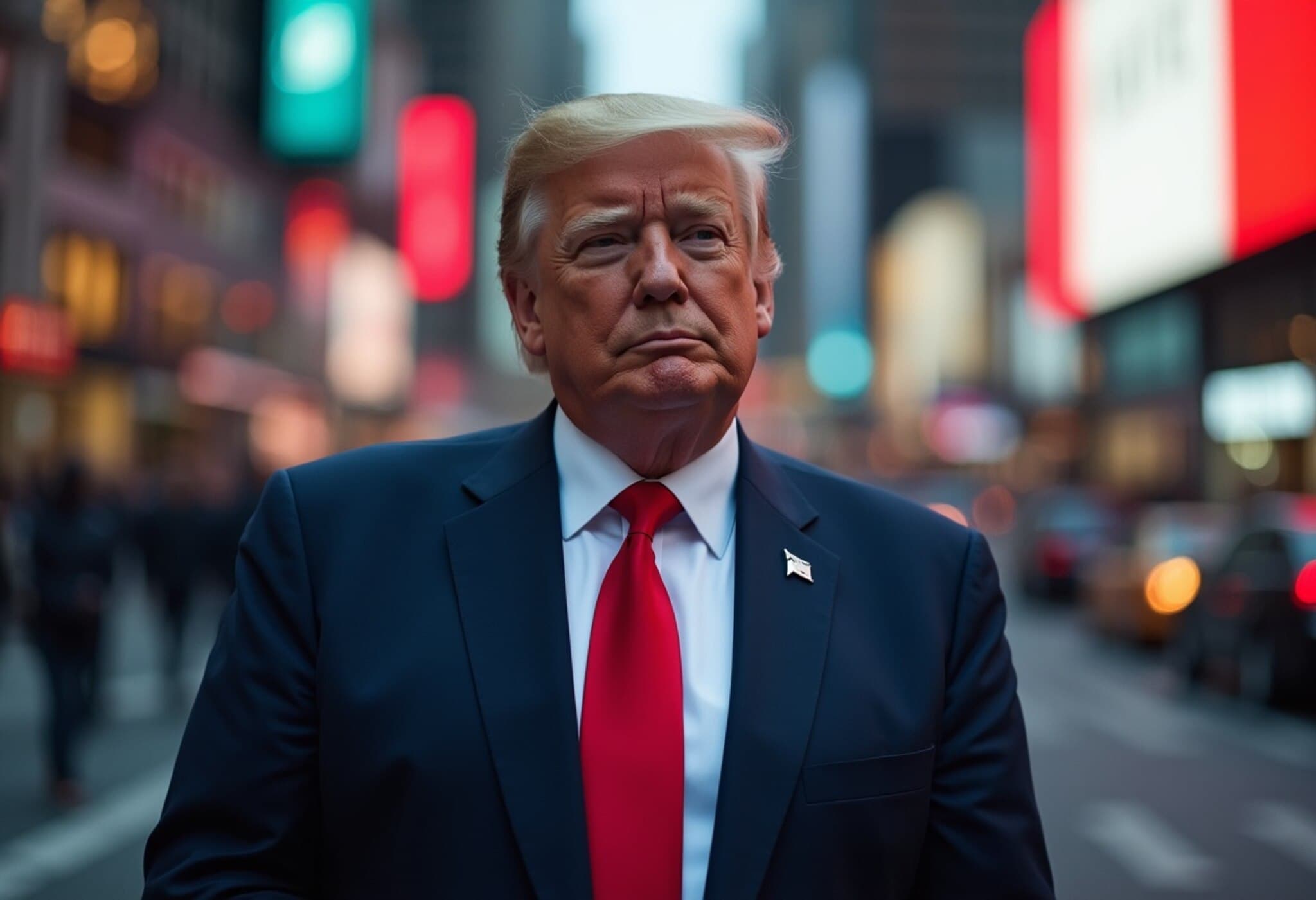India’s Strategic Stance on Russian Oil Imports Amid Rising US Sanctions
As geopolitical tensions intensify over Russia’s conflict with Ukraine, India has repeatedly stood firm in its decision to continue importing Russian oil, despite escalating pressure from the United States and its Western allies. New Delhi emphasizes that its energy security, economic stability, and strategic autonomy are paramount and cannot be undermined by selective international demands.
US Escalates Economic Pressure with Tariffs and Sanctions
On July 30, 2025, the US government, under President Donald Trump, announced a significant 25% tariff on Indian imports effective August 1. This move directly targets India’s ongoing energy and defense engagements with Russia, particularly focusing on its crude oil imports. Simultaneously, US Senator Lindsey Graham introduced the Sanctioning Russia Act of 2025 (S.1241), which proposes secondary tariffs up to 500% on countries, including India, that continue to trade in Russian energy products.
India’s Consistent Defense: Seven Key Moments of Assertion
Throughout various diplomatic forums and media interactions worldwide, India has unequivocally communicated its position. Below are seven significant instances where Indian officials have justified their approach amid growing Western scrutiny:
- “Switch off our economy?”
Indian High Commissioner to the UK, Vikram Doraiswami, challenged critics by questioning the feasibility of halting India’s energy imports entirely. Highlighting India’s status as the third-largest energy consumer globally—importing over 80% of its needs—he called out Western double standards, pointing out that European countries continue sourcing energy-related materials from Russia despite admonishing India. - “We’ll cross that bridge... if we come to it”
External Affairs Minister S. Jaishankar acknowledged ongoing dialogues with US lawmakers, including Senator Graham. However, he maintained a cautious stance, suggesting India would address potential sanctions only if they materialize, underscoring the complexity of balancing geopolitical realities with national interests. - “Do you have a better deal?”
At the Doha Forum, Jaishankar dismissed accusations that India’s Russian oil imports were opportunistic, emphasizing pragmatic decision-making in a constrained energy market. He further elaborated on India’s active diplomatic engagements with both Russian President Putin and Ukrainian President Zelenskyy, advocating for negotiations and peaceful resolutions. - “Why didn’t Europe cut off energy on February 25?”
In a pointed interview, Jaishankar questioned Europe’s moral high ground. With a vastly higher per capita income (around €60,000 compared to India’s $2,000), Europe’s reluctance to sever Russian energy ties immediately after the Ukraine invasion highlighted geopolitical and economic complexities that India cannot afford to ignore. - “India did the world a favour”
Union Minister Hardeep Singh Puri argued India’s oil purchases helped stabilize global oil prices, which might have otherwise surged dramatically, potentially to $200 a barrel. India complied with the West’s $60 per barrel price cap, ensuring its imports did not violate sanctions while maintaining market balance. - “We’ll buy oil from wherever we have to”
Puri underscored India's diversified sourcing strategy and its priority to safeguard the interests of Indian consumers. He cautioned that excluding Russian oil—accounting for around 10% of global daily oil consumption—could lead to significant energy shortages and price inflation worldwide. - “We look at what is available in the market...”
MEA spokesperson Randhir Jaiswal emphasized India’s pragmatic approach to energy procurement, based on market availability and global conditions. With supplies now sourced from approximately 40 countries, India upholds a diversified strategy to mitigate risk and ensure energy continuity.
Expert Insight: Navigating Energy Security in a Multipolar World
India’s unwavering stance reflects a larger challenge faced by emerging economies striving for energy security amid great power rivalries. While the West prioritizes geopolitical containment of Russia, New Delhi must balance these pressures against the imperatives of economic growth and social stability. This nuanced position exposes a critical fault line in global energy diplomacy: the tension between moral coercion and pragmatic necessity.
Experts suggest that India’s approach could serve as a template for other developing nations caught in similar crosswinds, advocating for a diversified energy portfolio and diplomatic engagement that transcends binary alliances. However, the looming threat of secondary sanctions by the US raises the stakes, potentially compelling India to recalibrate its foreign policy calculus.
What Lies Ahead?
The evolving scenario suggests an intensifying tug-of-war between India’s desire for strategic autonomy and external demands for alignment. As the US Senate contemplates draconian tariffs and the international community debates energy sanctions, India’s response will significantly influence not only regional dynamics but also the global energy market’s stability.
Editor’s Note
India’s persistent defense of its energy choices amid mounting US sanctions reveals the intricate balancing act facing emerging powers in an increasingly fractious geopolitical landscape. While criticism tends to paint India’s actions as opportunistic, the reality encompasses economic survival, historical partnerships, and a pragmatic calculation of global energy realities. Readers are invited to consider whether international expectations accommodate the differing circumstances of developing nations or rely too heavily on unilateral punitive measures. How might global energy governance evolve to address these disparities sustainably and equitably?

